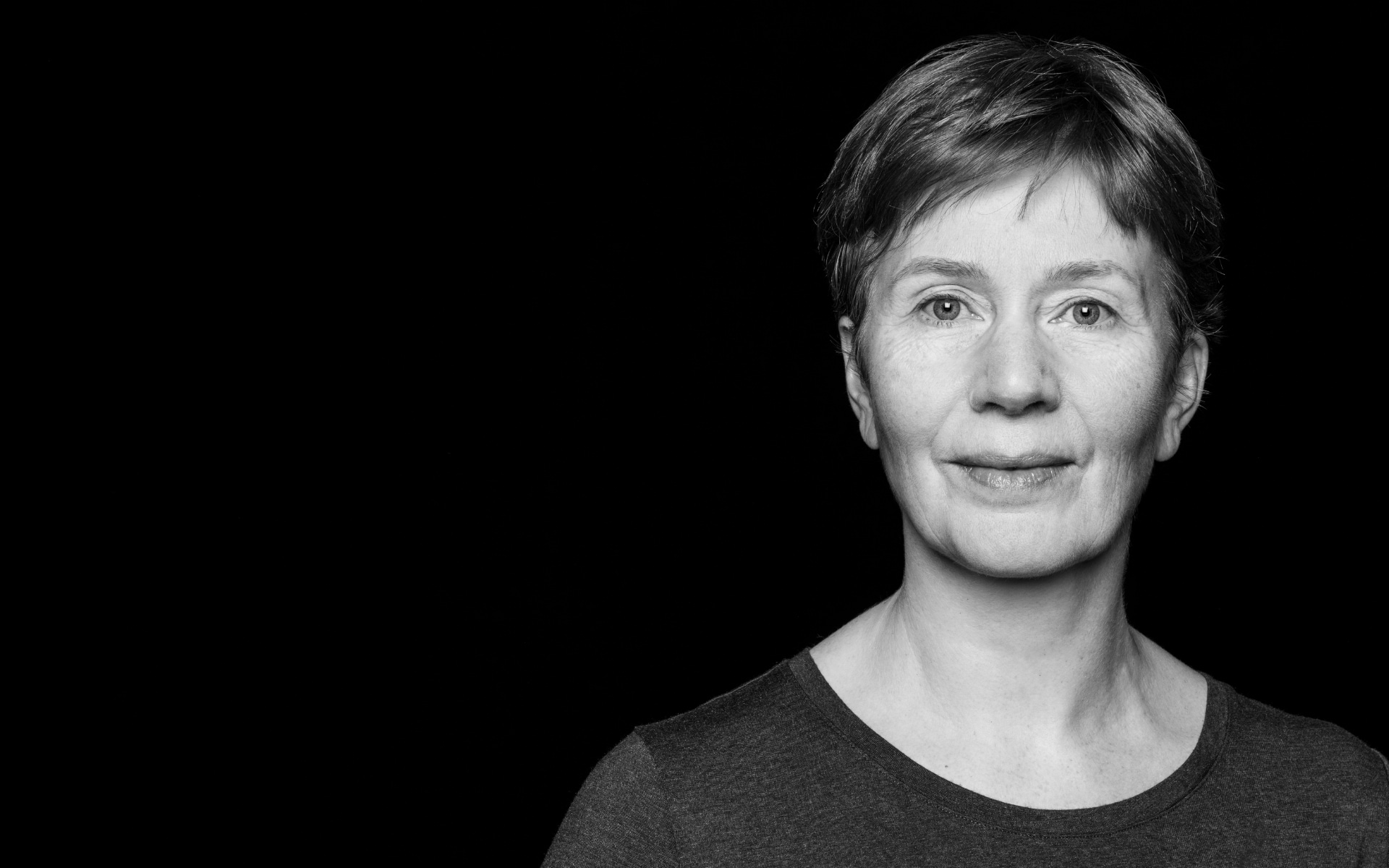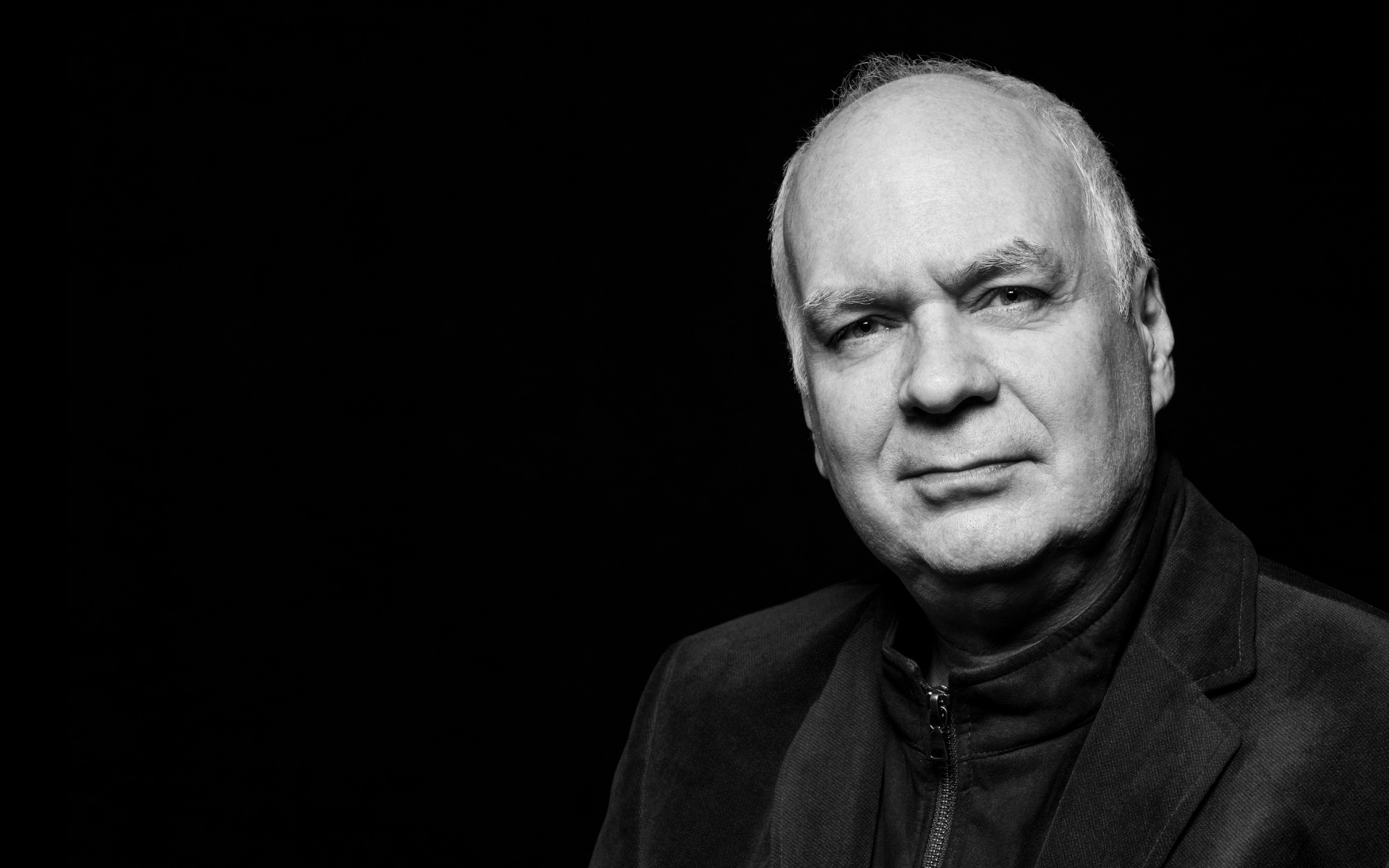Katherine Borden, David Knapp and Geneviève Deblois receive substantial support from the Canada Foundation for Innovation
IRIC Principal Investigators received financial support of $688,762, $528,749 and $415,565 respectively for their research project.
The project led by Katherine Borden tackles multi-drug resistance in cancer, notably by developing strategies to restore sensitivity to chemotherapy in patients.
David Knapp’s project explores the molecular mechanics supporting the establishment and loss of cell identity when they become cancerous. By revealing new vulnerabilities, they can be targeted by therapeutic solutions.
The goal of Geneviève Deblois’s project is to study the resistance to treatment in triple-negative breast cancers. Cancer cells develop this resistance, among other things, by altering their metabolism and the expression of their genes. A better understanding of these mechanisms paves the way for the development of new, more effective therapeutic strategies.






